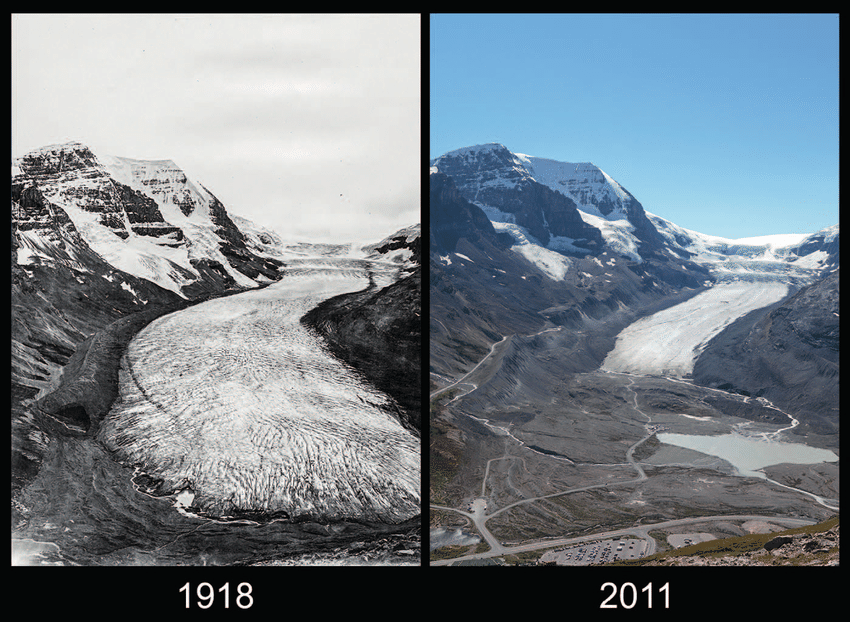
Here are a small handful of stimulating links that you might profit from and enjoy:
But there’s no real cause for worry:
***
A heretical thought on the topic of natural selection:
“Natural selection makes humans self-centered and aggressive — except when it makes them altruistic and peaceable. Or natural selection produces virile men who eagerly spread their seed — except when it prefers men who are faithful protectors and providers. When an explanation is so supple that it can explain any behavior, it is difficult to test it experimentally, much less use it as a catalyst for scientific discovery. Darwinian evolution — whatever its other virtues — does not provide a fruitful heuristic in experimental biology. This becomes especially clear when we compare it with a heuristic framework such as the atomic model, which opens up structural chemistry and leads to advances in the synthesis of a multitude of new molecules of practical benefit. None of this demonstrates that Darwinism is false. It does, however, mean that the claim that it is the cornerstone of modern experimental biology will be met with quiet skepticism from a growing number of scientists in fields where theories actually do serve as cornerstones for tangible breakthroughs.” (Philip S. Skell, “Why Do We Invoke Darwin? Evolutionary Theory Contributes Little to Experimental Biology,” The Scientist [29 August 2005].)
Philip S. Skell (1918-2010) was an American chemist, emeritus Evan Pugh Professor at Pennsylvania State University, and, after 1977, a member of the United States National Academy of Sciences. He founded an internationally renowned school of leading chemists, one of them being his 1975-1976 postdoctoral associate Wolfgang A. Herrmann, who currently serves as the president of the Technische Universität München, in Munich, Germany.










